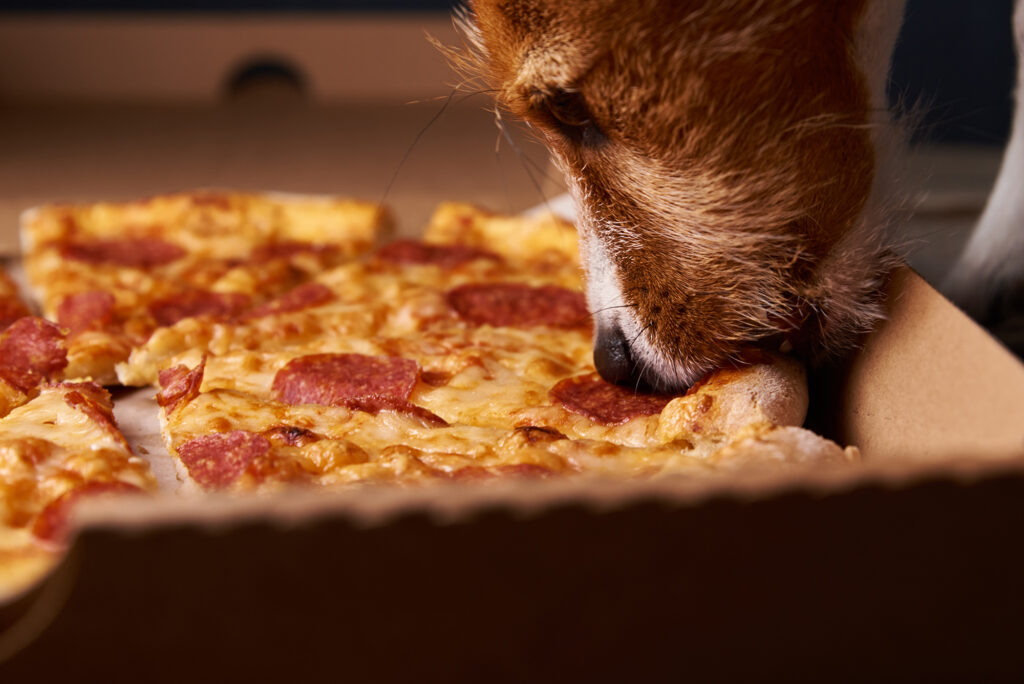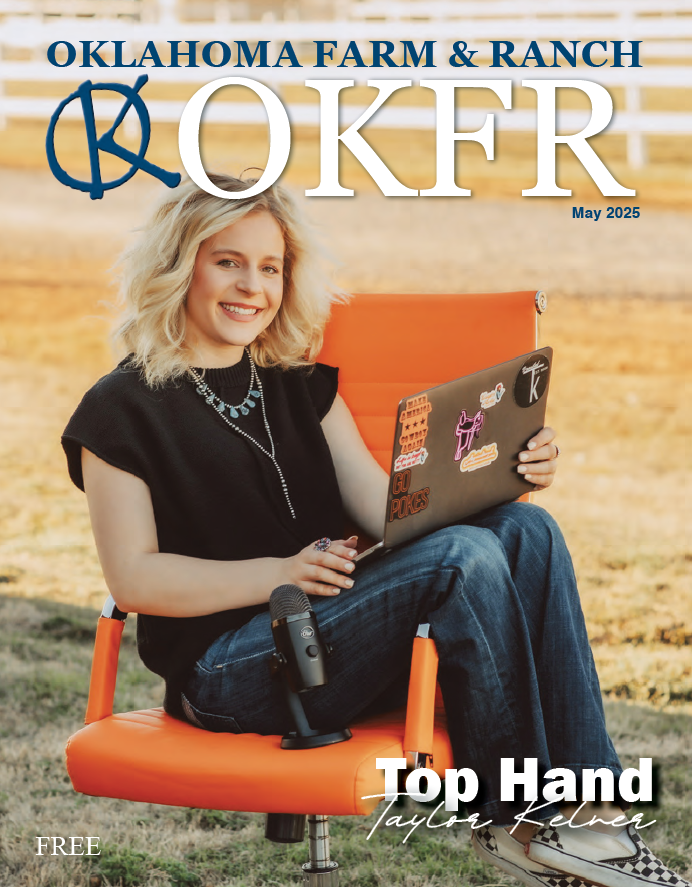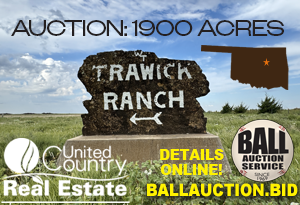Country Lifestyle
Leading the Way

Growing up in the northeast Oklahoma, Tanner Taylor aspired to a life with livestock. His parents fostered his passion for agriculture, and the diverse ranch of quarter horses, cattle, hogs, and lambs gave him ample opportunity to learn.
Soon he joined his local FFA chapter, setting him on a path that eventually would lead him to the highest FFA Office in the state – Oklahoma FFA President. Now, with COVID-19, Tanner and his newly elected officer team find themselves in the unprecedented position of guiding the states 26,466 FFA members through the next year.
Born in 2000, Tanner grew up in the Grand Lake community in northeastern Oklahoma. He started school at Ketchum, where his mother Joy is the Superintendent, but made the switch to Adair Schools prior to his eighth grade year. “The problem was that they did not have an FFA Chapter at the time, which was very important to me. I made the transition to Adair to be a part of their ag-ed program. They are one of the top rated FFA programs in our part of the state, and that was really where I wanted to go,” he shared.
Coming from a livestock-oriented background, Adair was a perfect fit. Agriculture education teachers Devin DeLozier and Shane Johnson are both enthusiastic about the competition side of FFA, and Tanner fit right in. “Both Mr. DeLozier and Mr. Johnson have been there many years and are exceptional guys. Adair’s livestock program is huge, and that’s what I wanted,” Tanner said. “But what is interesting is that, this year will be the third year in a row that Adair has had a State Officer, and the program has migrated to encompassing more of the leadership aspects in recent years. It’s been rewarding to see how we’ve kept our traditions, but grown as well.”
Tanner admits that he once held a narrow view of what FFA was. “In all honesty, I had two things on my mind when I started FFA, and that was exhibiting cattle and judging livestock. That’s what my parents both did when they were members – exhibit livestock,” he shared.
As he became more involved, he recognized that FFA was more than just livestock exhibition and evaluation. He explained, “I soon realized that my FFA advisors had a lot more in store for me than I knew. They pushed me to do many different things from horse evaluation, public speaking, being a chapter officer, and going to leadership conferences. It really started out with me wanting to just exhibit and judge livestock, and now here I am.”
It was during that first year as an FFA member, while attending State Convention, that the idea to be a State Officer was planted. “I had an awesome eighth grade year and was fortunate enough to find some success in prepared public speaking and won several contests. When I got to State Convention, the State FFA President at the time, Garrett Reed, was giving his retiring address. He was from the very same county I was, and I thought, ‘This guy right here, who is so exceptional and led our association so well, is from my county. If he can do it, why can’t I?’ So I made a plan to pursue state office,” Tanner recalled.
First though, Tanner had to serve as an officer at his school. Adair is a competitive chapter, and FFA members are only able to serve as officers during their junior and senior year. Tanner served as Sentinel his junior year, and led his chapter as President his senior year. “When I first ran for a State Office, my goal never was to become President, it was just to get elected and serve as the Northeast Area Vice President. I was very excited to give it my all in that position. When I got to the end of that term, I believed my work wasn’t finished, so I ran for State President,” he said.
Running for Office with COVID-19
The election season began as it had in previous years. Aspiring officers filed all necessary forms, went through formal interviews, took tests, and then advanced through the first round during the nominating committee session in Oklahoma City. “Everything went as normal as it usually does, and the officers vying for each position were able to start campaigning,” Tanner said.
Unfortunately, COVID-19 struck quickly. Schools and extracurriculars were shut down, and gatherings were prohibited. “With school out everything was canceled. Our speech contests, leadership conferences, and livestock shows were all canceled. That first month after nominating committee was really, really crucial to those state officer candidates, if they utilized and made the most of that first month, they were set up really well,” he said.
The process delved even more into the unknown when Oklahoma State FFA Convention was canceled. “That left us with online elections. We worked through that with the State FFA staff, and the State Officer team gave input when needed.” He added, “We didn’t know if the online platform would be reliable. We didn’t know if there would be glitches, but there was a lot of prayer and diligent work that went into it, and it worked out for the best.”
Perhaps the biggest change was how officers learned of their win. Instead of reveling in the win on the Convention stage, most, like Tanner himself, waited for the announcement with friends and family at home. “It was a fun-filled night for me. I had my closest friends and family here at the house. We gathered and watched Convention and laughed and visited. In my mind I was pretty negative about the whole thing but watching convention with my family sitting beside was one of my biggest blessings. Most parents rarely get to see what their children are doing in FFA, so it was awesome to be there and honor my family and my FFA chapter and advisors,” he said.
“My family was more on edge than I was. When my face came up on the screen as the State President, everyone went crazy, but all I did was take a big sigh of relief because it was such a long process,” he said. “My biggest regret for the new State Officers is that they did not get to experience their election in person at Convention, because that is one of the most memorable experiences an officer has. When you get to run on stage, that is the moment all of your hard work comes to fruition. Still, they got elected, and I’m beyond excited for them.”
Read more in the July issue of Oklahoma Farm & Ranch.
Country Lifestyle
Riding for the Brand
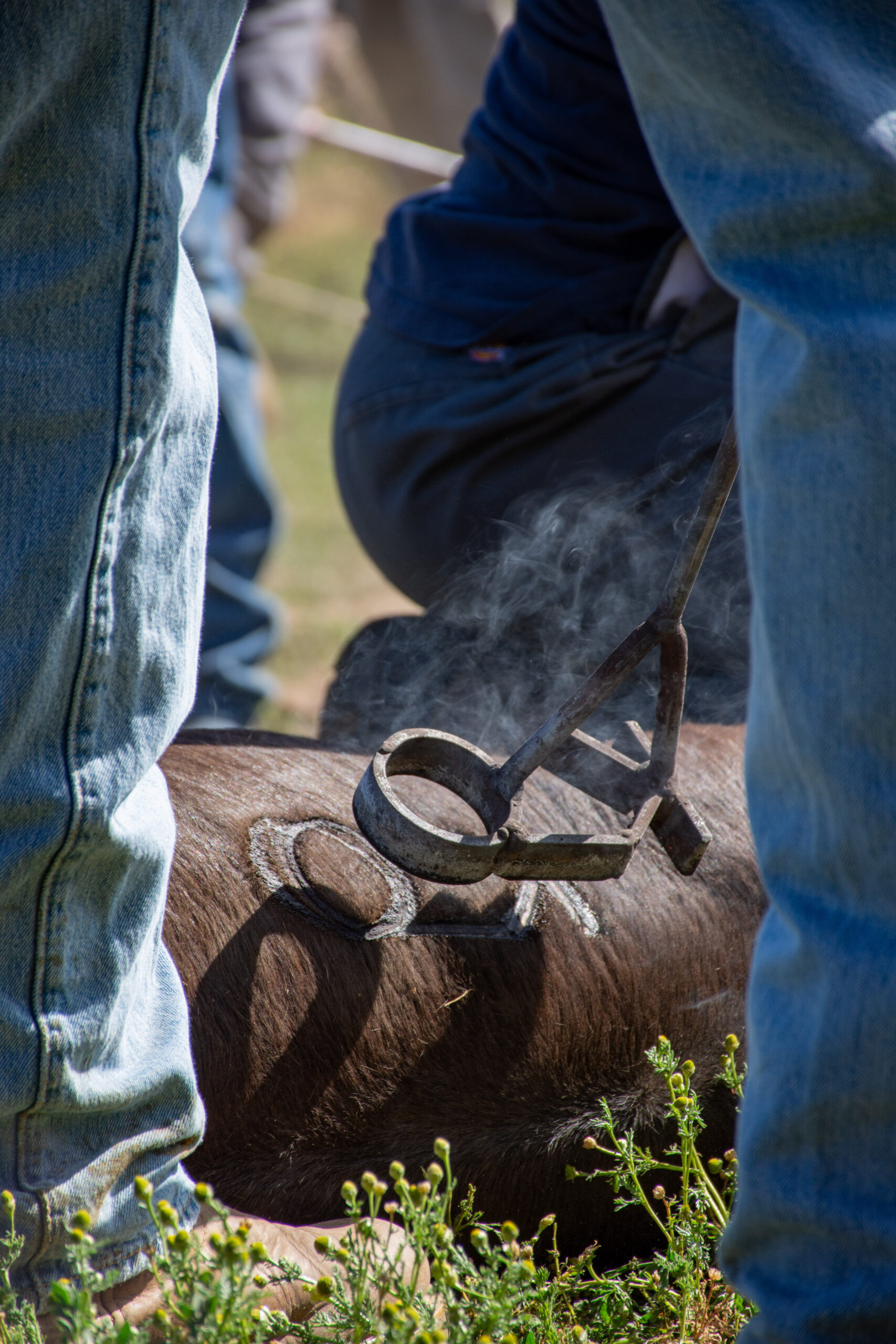
By: Christopher Dysinger
According to the Code of the West a man who has integrity is one who rides for the brand. If you are unfamiliar with cowboy parlance this phrase is used to describe being loyal to the outfit you work for. Cowboys were, “intensely loyal to the outfit they were working for and would fight to the death for it. They would follow their wagon boss through hell and never complain.” -Teddy Blue Abbot. Riding for the brand means being loyal and when I consider what it means to be loyal I am reminded of the words of the Lord Jesus to His disciples in Matthew 16:24, “Then said Jesus unto His disciples, If any man will come after Me, let him deny himself, and take up his cross and follow Me.” To me, to take up the cross and follow the Lord is the epitome of what it means to ride for the brand.
When you place your trust in the Lord Jesus you are signing on to His outfit, to speak the language of the West. When you called upon the name of the Lord Jesus by faith, He saved you and from this point you are riding for His brand. In taking up your cross and following Him you have pledged to be loyal, and this means you face any hardship or trial like a cowboy on the trail moving the herd. Any complaint must be swallowed in the same way you would swallow a cup of coffee. When I hear our faith and loyalty to the Lord Jesus put into these terms it stirs something within me that moves me to keep right on riding for the brand.
Louis L’amour wrote, “Riding for the brand was an expression of loyalty to a man’s employer or the particular outfit he rode for. It was considered a compliment of the highest order in an almost feudal society. If a man didn’t like a ranch or the way they conducted their affairs he was free to quit, and many did; but if he stayed, he gave loyalty and expected it. A man was rarely judged by his past only by his actions. Many a man who came west left things behind him he would rather forget, so it was not the custom to ask questions. Much was forgiven if a man had courage and integrity and if he did his job. If a man gave less than his best, somebody always had to pick up the slack, and he was not admired.” It is the same when a person gives his or her heart to Jesus.
When you come to the Lord Jesus you are not judged by your past. When you come to the Lord Jesus, repenting of sin and seeking forgiveness, everything from your past is left behind. All will be forgiven. 1 John 1:9 reads, “If we confess our sins, He is faithful and just to forgive us our sins, and to cleanse us from all unrighteousness.” When you place your faith in the Lord Jesus you are promising to be loyal and in return you will receive the same. He has promised that He will never leave us or forsake us. When you walk with the Lord Jesus through life you are indeed, “riding for the brand.”
“Riding for the brand” is not just an expression of loyalty nor is it just an expression of pride, it is also an expression of love. When a cowboy claims to be riding for the brand, he is telling any other outfit who may seek his loyalty, that he cannot give it, because he has given his word to another. It is the same when we pledge our faith and loyalty to the Lord Jesus. If any would call us away from Christ we cannot go, because we are riding for the brand.
The End
This article is an excerpt from the book, The Bible and the Code of the West by Dr. Christopher Dysinger.
Country Lifestyle
Farm Dogs & Table Scraps

What’s Safe and What’s Not?
Growing up on a farm, our dogs were tough. They roamed the pastures, slept under the barn, and ate just about anything they could get their paws on—whether we meant for them to or not. I’ll admit, I never thought twice when one of our old cow dogs snatched a biscuit off the table or licked up a spill from the barn floor. I’ve even seen a dog steal a whole rib bone off a plate and trot off like he’d won the lottery. And somehow, they always seemed fine.
But here’s the thing—just because they survived doesn’t mean it was safe. For every farm dog that lucked out, there’s another that wasn’t so fortunate. Some human foods can be downright toxic to dogs, and a little bit of bad luck (or a smaller, more sensitive dog) can turn a harmless snack into an emergency.
Common toxic foods lying around the farmhouse
If you’ve got a farm dog—or any dog, really—you need to be aware of the dangers lurking in everyday foods. Some of the biggest culprits include:
Chocolate – The darker it is, the worse it is. Even a little can cause vomiting, seizures, or worse.
Grapes & Raisins – No one’s exactly sure why, but they can cause kidney failure fast.
Onions & Garlic – In large enough amounts, these can destroy red blood cells, leading to anemia.
Xylitol (Found in Sugar-Free Gum & Candy) – This artificial sweetener can send a dog’s blood sugar crashing and cause liver failure.
Alcohol – Even small amounts can be deadly to dogs, affecting their nervous system much more than it does ours.
Bones from Cooked Meat – While not necessarily toxic, they can splinter and cause serious internal injuries.
Macadamia Nuts – These can lead to weakness, vomiting, and even paralysis in dogs.
What to do if your dog eats something toxic
First, don’t panic—but don’t ignore it either. If you know your dog ate something dangerous, call your vet immediately. They can tell you whether to induce vomiting or if it’s something that requires urgent care. If it’s after hours, contact the ASPCA Animal Poison Control Center (888-426-4435) or the Pet Poison Helpline (855-764-7661).
Prevention is always the best medicine, so keep toxic foods out of reach. That might mean keeping the trash can secured, making sure kids don’t slip the dog a treat under the table, or just being more mindful of what’s left on the counter.
Our farm dogs might have been lucky, but luck isn’t a great strategy when it comes to their health. A little awareness goes a long way in making sure they stay happy, healthy, and ready for the next day’s work.
For more information
ASPCA Animal Poison Control: www.aspca.org/pet-care/animal-poison-control
Pet Poison Helpline: www.petpoisonhelpline.com
Visit www.akc.org/expert-advice/nutrition/foods-your-dog-should-never-eat
Country Lifestyle
Summer Squash and Corn Chowder

By Lacey Vilhauer
Total time: 40 minutes
Servings: 6-7
Ingredients
- 6 slices bacon, cooked and crumbled and 1 1/2 Tbsp rendered bacon fat reserved
- 1 1/2 lbs yellow squash, chopped (about 3 medium)
- 2/3 cup thinly sliced celery
- 1 cup diced onion
- 1 Tbsp flour
- 2 cloves garlic, minced
- 2 3/4 cup milk (I used 1%)
- 5 cups canned or fresh cut corn (from about 6 ears corn), divided
- 1/2 cup heavy cream
- 1 1/2 tsp chopped fresh thyme (or 1/2 tsp dried)
- 3/4 tsp salt, then more to taste
- 1/4 tsp freshly ground black pepper, then more to taste if desired
- 3/4 cup shredded cheddar cheese, for serving
- Chopped green onion for garnish (optional)
Instructions
Heat 4 tsp reserved bacon fat in a large pot over medium-high heat. Add celery and onion and sauté 2 minutes then add the squash.
Saute until tender, about 6 minutes, adding in garlic and flour during last 2 minutes of sauteing. Reduce heat slightly.
Add 1 1/2 cups milk, 2 cups of the corn, thyme, salt and pepper to the sauteed veggies.
To a blender add remaining 3 cups of corn, remaining 1 1/4 cups milk and the cream. Process in blender until nearly smooth (about 30 seconds).
Add pureed mixture to pot and stir to blend. Cook until mixture reaches a light boil.
Serve warm with shredded cheese, crumbled bacon and sliced green onions if desired.
-
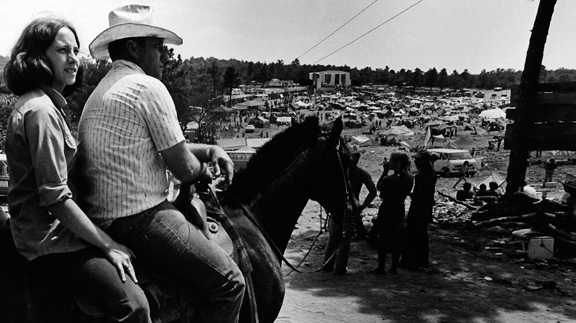
 Attractions8 years ago
Attractions8 years ago48 Hours in Atoka Remembered
-
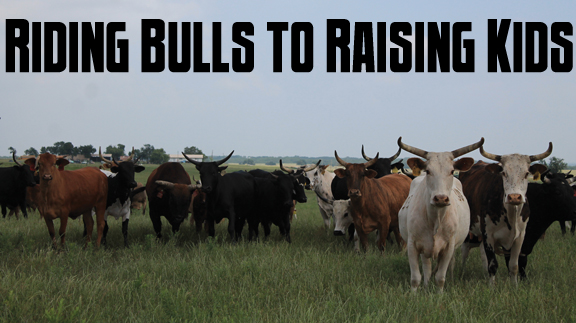
 Country Lifestyle9 months ago
Country Lifestyle9 months agoJuly 2017 Profile: J.W. Hart
-
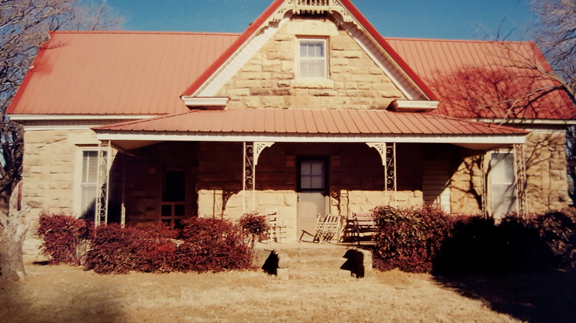
 Country Lifestyle9 years ago
Country Lifestyle9 years agoThe House a Treasure Built
-
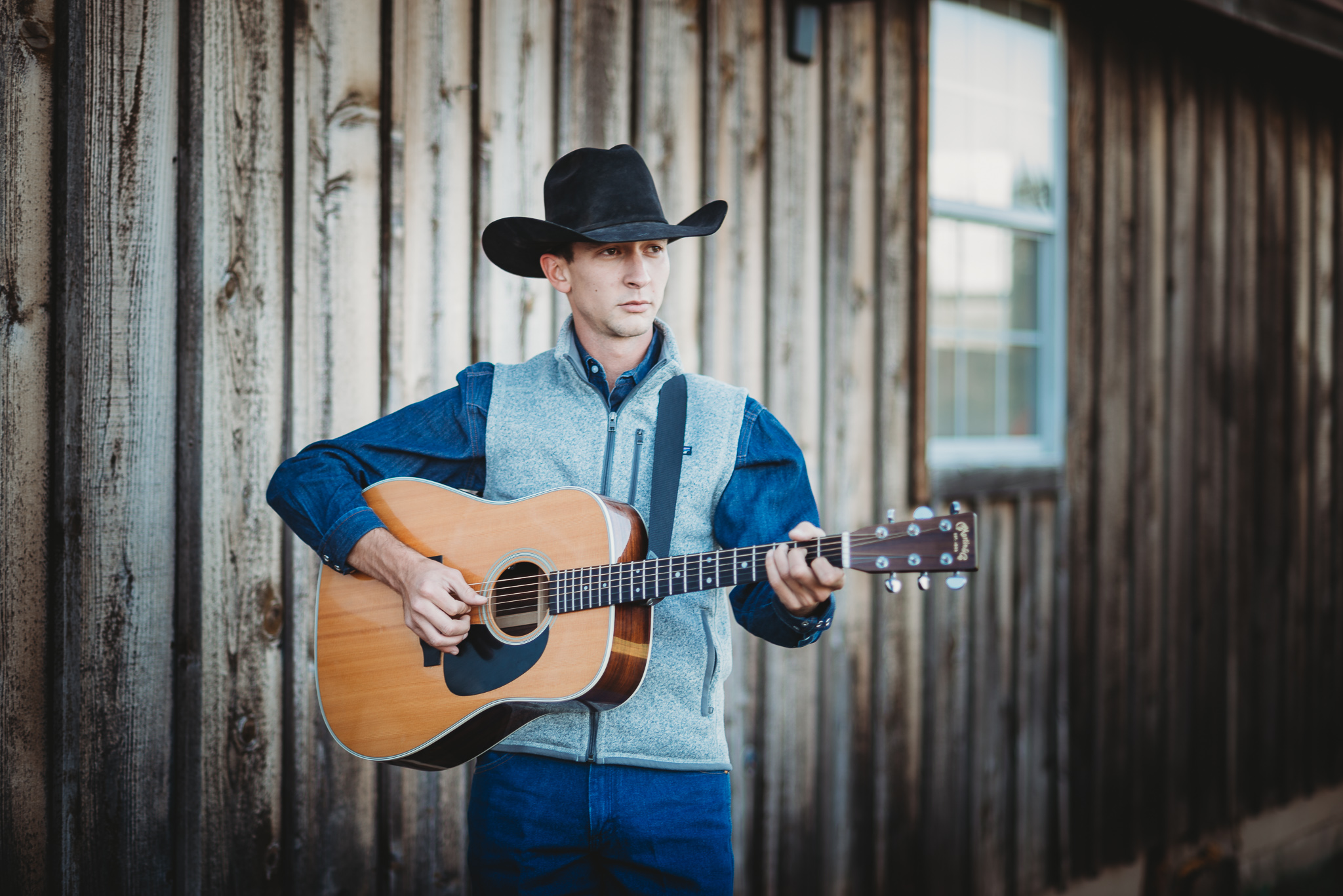
 Country Lifestyle4 years ago
Country Lifestyle4 years agoThe Two Sides of Colten Jesse
-
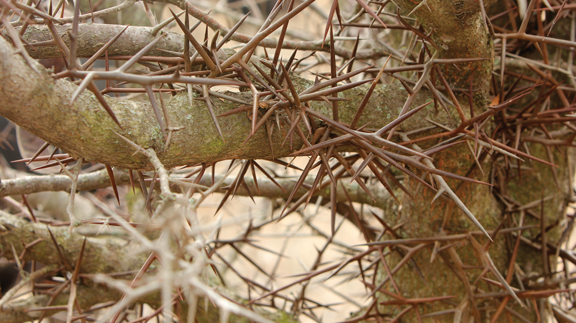
 Outdoors7 years ago
Outdoors7 years agoGrazing Oklahoma: Honey Locust
-
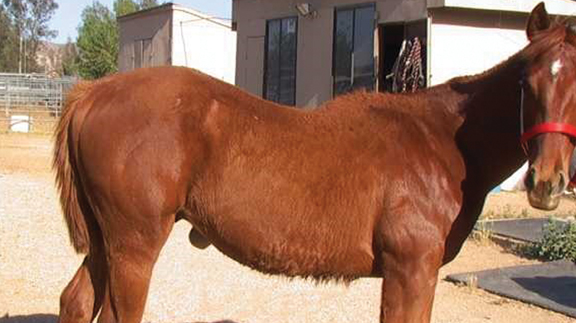
 Equine8 years ago
Equine8 years agoUmbilical Hernia
-
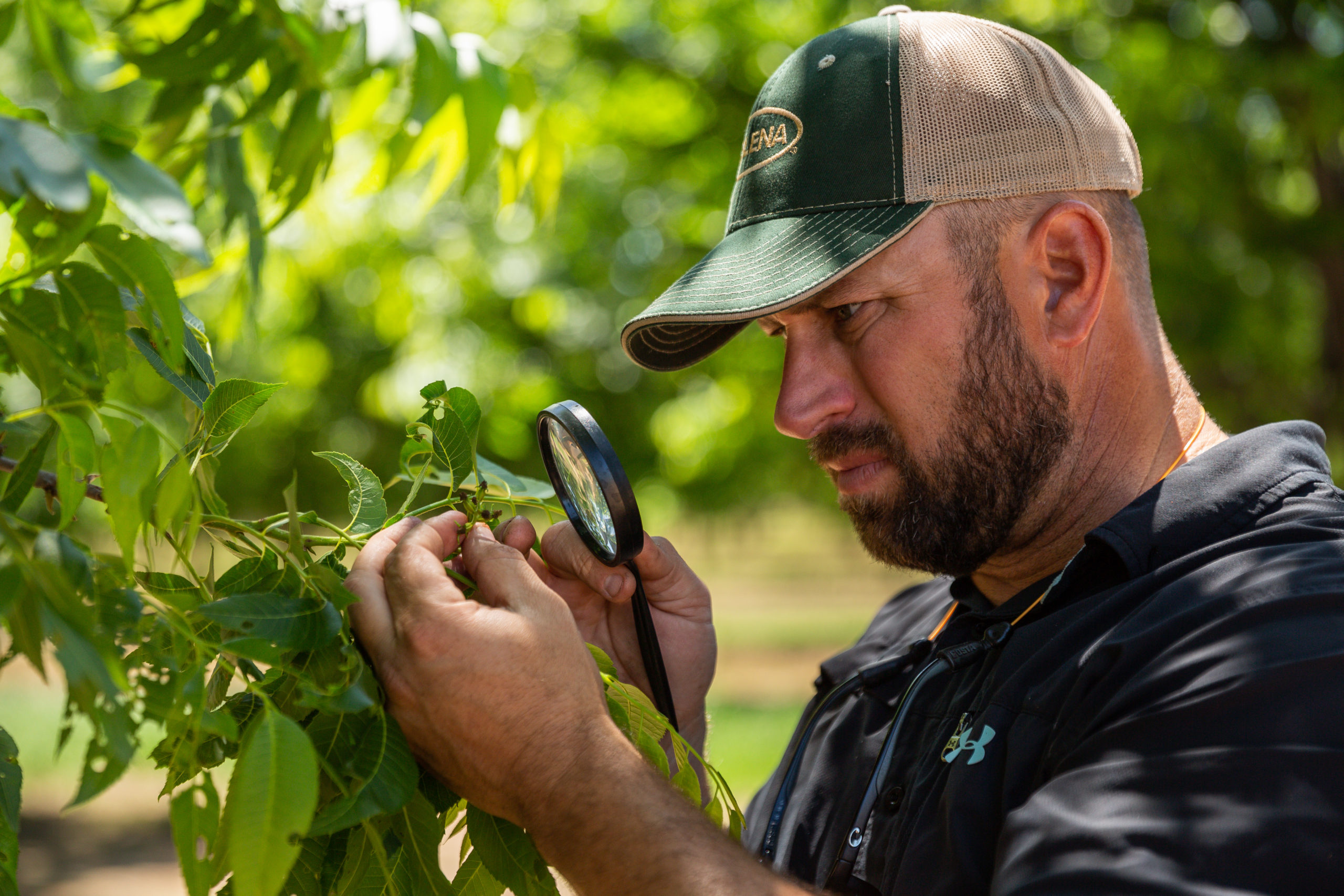
 Outdoors5 years ago
Outdoors5 years agoPecan Production Information: Online Resources for Growers
-
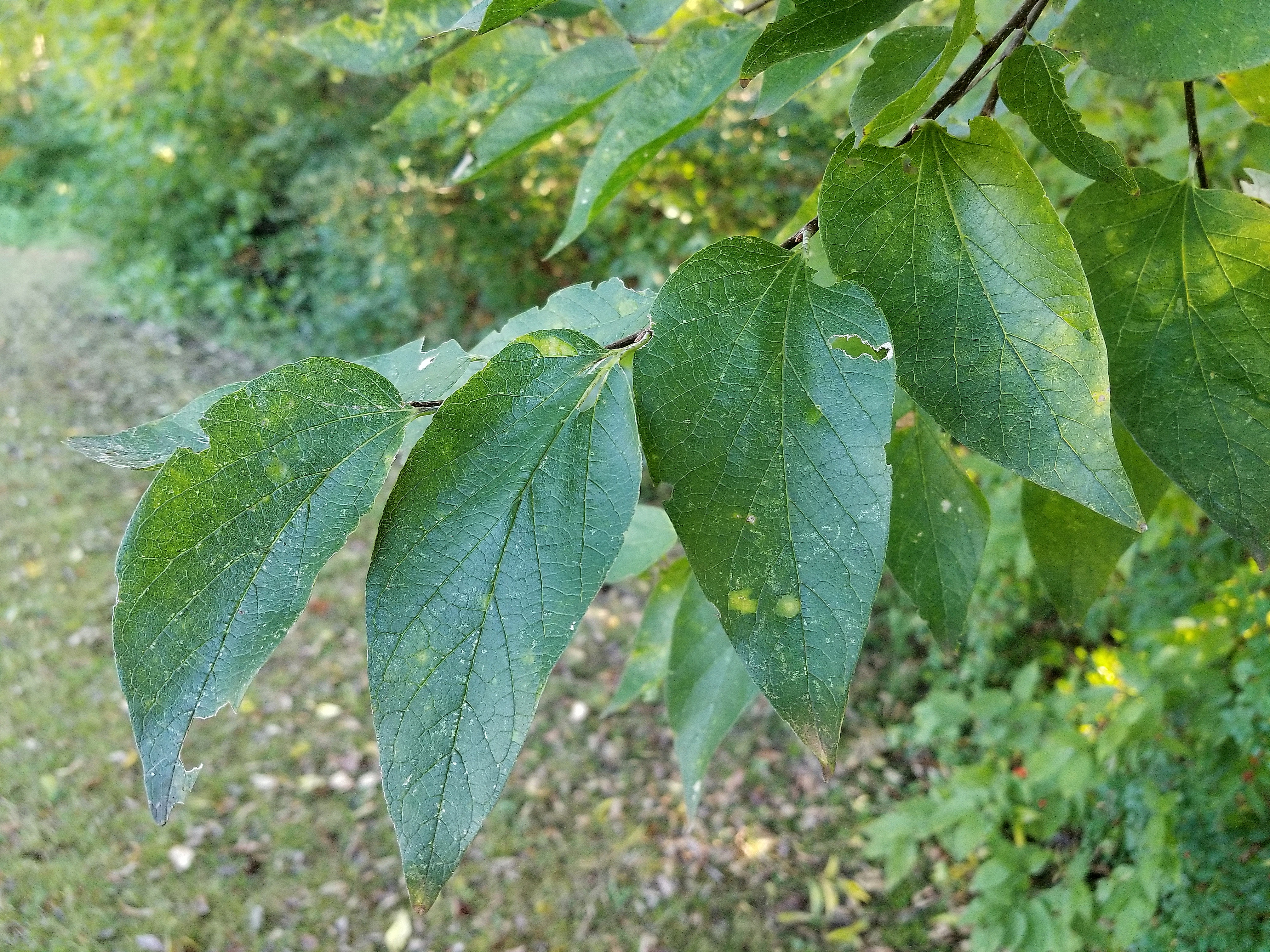
 Farm & Ranch7 years ago
Farm & Ranch7 years agoHackberry (Celtis spp.)
